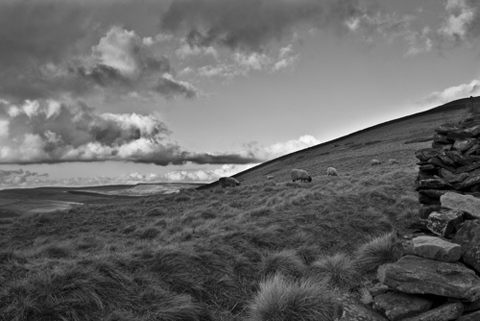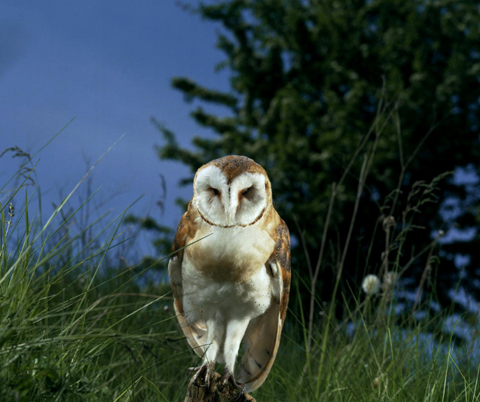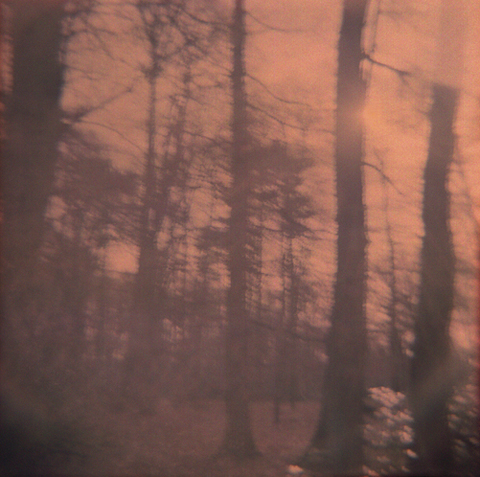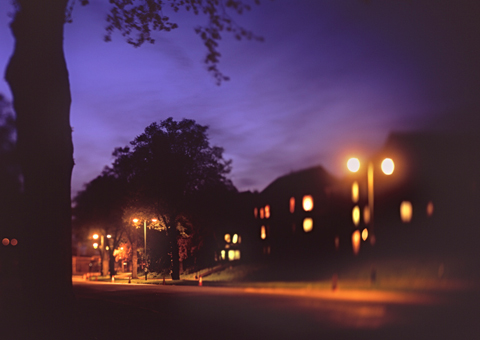 Yes to Fairer Votes Vice-Chair Amisha Ghadiali wearing Ada Zanditon. Illustration by Sam Parr
Yes to Fairer Votes Vice-Chair Amisha Ghadiali wearing Ada Zanditon. Illustration by Sam Parr
On May 5th 2011, this the United Kingdom will be asked – in the first referendum since 1975 – to vote on the following question:
“At present, price the UK uses the ‘first past the post’ system to elect MPs to the House of Commons. Should the ‘alternative vote’ system be used instead?”
The referendum on the Alternative Vote is the first time in our lifetimes that the citizens of the UK have been able to have a say in how we elect MP’s to the House of Commons.
Currently, viagra 100mg this historical moment to discuss voting reform – amongst a broader analysis on the current state of Britain’s democracy – is being lost amidst (speculated) Coalition tensions and fear mongering on the cost of moving from FPTP to AV. Whilst to some, AV may be “a miserable little compromise” that fails to push voting reform far enough, by voting Yes! on the 5th May we, the citizens of the UK, can register our disquiet with the current system (FPTP) and enable the discussion on voting reform to stay at the forefront of the political agenda.
To find out more about what the Alternative Vote is compared to the current system of “First Past The Post” Amelia’s Magazine interviewed one of the Yes Campaign’s Vice-Chair’s: Jewellery Designer, Ethical Fashion Campaigner and Founder of Think Act Vote – Amisha Ghadiali.
 Photography by Anna Gordon
Photography by Anna Gordon
What is a referendum?
A referendum is when we are asked to vote, not in an election, but on a single issue. Many of us would like to see more of these on a variety of issues. However they are not that common, the last UK-wide referendum was in 1975 asking the question “Do you think the UK should stay in the European Community (Common Market)?”
What is the Alternative Vote?
The Alternative Vote is a voting system, it means that instead of putting one X on our ballot paper, we rank our candidates in order of preference. You can rank all the candidates, or just one, it’s totally up to you. What this means is that if there are three candidates that you would be happy to represent you, you can communicate this. Or if your first choice is a smaller party, that under the current system would have little chance to getting in, you can vote for them, but also somebody from one of the main parties, without having to vote tactically.
The person who wins the seats needs to have the majority of the vote, so what they do is count the votes. If nobody has 50% of the vote, they eliminate the candidate that comes last, and add their second preferences to the remaining candidates. This repeats until somebody has over 50% of the vote. It means that no votes are wasted.
What are the benefits to AV compared to FPTP?
The current system FPTP means that who ever gets the most votes wins. This sounds fair but what it means in reality is that 2 out of 3 MPs in our parliament have less then 50% of the vote. This means that most of us are represented by people most of us voted against.
The Alternative Vote will mean that MPs will have to be voted for by the majority in their constituency, and so will have to work harder to make sure that they are listening to all of their constituents and representing all of their views, rather then pandering to their core voter support which many of them do.
How are the ‘winners’ in FPTP Elections often opposed to by the majority of voters?
Because the candidate who gets the most votes wins, it doesn’t matter how much of the vote they got. For example some have as little as 32% of the vote in their constituency, meaning that over two thirds of their consistency didn’t vote for them.
Why are you voting Yes to AV?
I think that the Alternative Vote will make our democracy more honest, make all of our votes count, make our MPs have to work harder to gain wider support in their constituencies, make our MPs more accountable to us and make our experience of voting simpler. We will still have our one local MP, but will have more of a say on who that is.
The way that we vote is how we take part in our democracy, and so having more of a say in this part of the process is vital to making ours a fairer politics.
I believe that voting yes in this referendum is the most important vote that we have ever been asked to cast.
AV – A Historical Perspective
Why do you believe this is the most important vote we have ever been asked to cast?
I have taken part in two general elections where I know that my vote didn’t make any difference to the result. Although voting in both general and local elections is an important part of our citizenship, this is us voting on the future of our democracy. It’s the first referendum that I have ever taken part in. It’s not about party politics and politicians but about how we take part in politics and have our views represented. What could be more important than that? After all they do work for us.
What is your role within the Yes campaign?
I am a Vice-Chair of the campaign. When I thought about it over Christmas, I realised how passionately I felt about this referendum, and contacted the campaign asking if I could help. They invited me to be a Vice-Chair along with other supporters including Eddie Izzard, Martin Bell and Greg Dyke. It means that we campaign and speak out about the issues to the media and at events, and as I have discovered in the pub too!
 Yes to AV illustration by Mike Harman
Yes to AV illustration by Mike Harman
What are your thoughts on how both the Yes to AV and No to AV campaigns have been run?
To be honest, I have found the whole debate in the media really depressing. The focal point often is about how it is going to affect the politicians, but this is not about them, it’s about us and our experience voting. It’s about our future, not about the present.
Of course, I am a supporter of the Yes Campaign, but feel that I would have been deeply disappointed in the No Campaign tactics even if I supported FPTP. Their campaign messages are built on actual lies, and I can’t believe that people are spending millions of pounds spreading lies, rather then on creating an honest open debate about the two systems. There has been so much ‘mud slinging’ which I find shocking, because I thought our politics was better than that.
Their three arguments are that it is expensive, it will give extremist parties (ie the BNP) more power and that it is too complicated for us to understand. None of these things are actually true. They have said it will cost £250 million which is the cost of the referendum whatever the result and the cost of counting machines that we are not getting. They have said that it will encourage the BNP, when the BNP are supporting a No vote, as they know the current system works better for them. And the idea that it is too complicated is frankly insulting. We can all count to three!
The Yes campaign has had to respond to a lot of the allegations that have been made, using time when we would have preferred to talk about relevant issues. I am really enjoying the energy of the Yes campaign, it has brought together a group of passionate, committed people from a variety of backgrounds. The local groups that have been running phone banks and doing local actions are really energetic and inspiring.
 Photography by Anna Gordon
Photography by Anna Gordon
Why do you think the Conservatives, headed by David Cameron are campaigning against AV, though Cameron himself won the party leadership through AV?
It’s baffling isn’t it. I find it shocking that he is saying that AV is a bad system when it gave him his job. If the Conservative Party leadership deserves AV, then so should we. It is a system that is used a lot in Westminster, not just for leadership contests but also other votes such as how MPs join select committees. I think it is because this change breaks down the tribalism of the Conservatives vs Labour Party, which has served the conservative party well. I thought Cameron was more progressive, but seeing him campaign on this, my personal view is that Cameron doesn’t actually want us to have more say, he is happy with the system as it is, as it works for him.
Will AV tackle the culture of tactical voting and ‘safe seats’? Thus uprooting the current system of members of parliament being parachuted intp safe constituencies?
Yes it will. There is a website called Voter Power, where you can find out what your vote is worth with AV compared to FPTP. From their analysis AV will reduce the number of very safe seats by 60, and increase the number of very marginal seats by 44. So this will make a big difference.
Safe seats are definitely a problem in our current system, as is the fact that political parties openly target the marginal seats only. In the last election the votes of only 1.6% of the electorate in 111 of these marginal seats decided the result. This is something that we have to change.
There will be no need for tactical voting. You can vote with your real preferences, and don’t have to think about voting ‘against’ people.
Why do you think the number of people who vote at each General Election is falling? What needs to change within our political system that will encourage people to use their vote?
I think that there are many reasons why voting turnout is falling, a lack of trust in politicians, declining numbers of political party membership, the number of safe seats held by MPs, feeling that votes don’t count, as just a few. I think that people need to feel more connected to politics, and feel that their voice is really heard through voting. I think the Alternative Vote will help solve these issues. It will not solve all the ills of politics in this country, but it is a small change we can and should make for the better.
 Photography by Anna Gordon
Photography by Anna Gordon
In the media there have been mutterings on both the reduction of the number of MP’s and the redrawing of constituency boundaries, what effect will this decision have on politics and what is it relation to the referendum on the alternative vote?
So it has nothing to do with the referendum. This happened earlier in the year, it was part of the same bill that the referendum was on when it went through parliament, and was not something that we had a say on. This has happened, and will take effect at the next general election. There are going to be 50 less MPs which means that some of the current boundaries will be re-drawn and made bigger. The idea is that it keeps the cost of politics down. It has been quite controversial as they are dividing some traditional boundaries and local areas. At the same time Cameron has appointed 117 new peers in the House of Lords since last May, which is actually putting the cost of politics up despite cutting the number of MPs.
Any website or article recommendations for those interested in finding out more about the referendum?
Electoral Reform
Yes to Fairer Votes
If you get the X Factor you’ll get AV – Johann Hari
You can join the campaign on Facebook and Twitter too!
Categories ,5th May 2011, ,Amisha Ghadiali, ,Anna Gordon, ,Conservatives, ,David Cameron, ,Ed Milliband, ,FPTP, ,General Election, ,House of Commons, ,Labour, ,Liberal Democrats, ,May 5th, ,Mike Harman, ,MP, ,Nick Clegg, ,No to AV, ,Referendum, ,Sam Parr, ,Think Act Vote, ,Yes to AV, ,Yes to Fairer Votes
Similar Posts:
- Think Act Vote Interview Part Two
- The Hung Parliament spells serious change for our government.
- THINK ACT VOTE with Amisha Ghadiali
- The ballot box calls all the boys to the yard…
- Billbored highlights





















